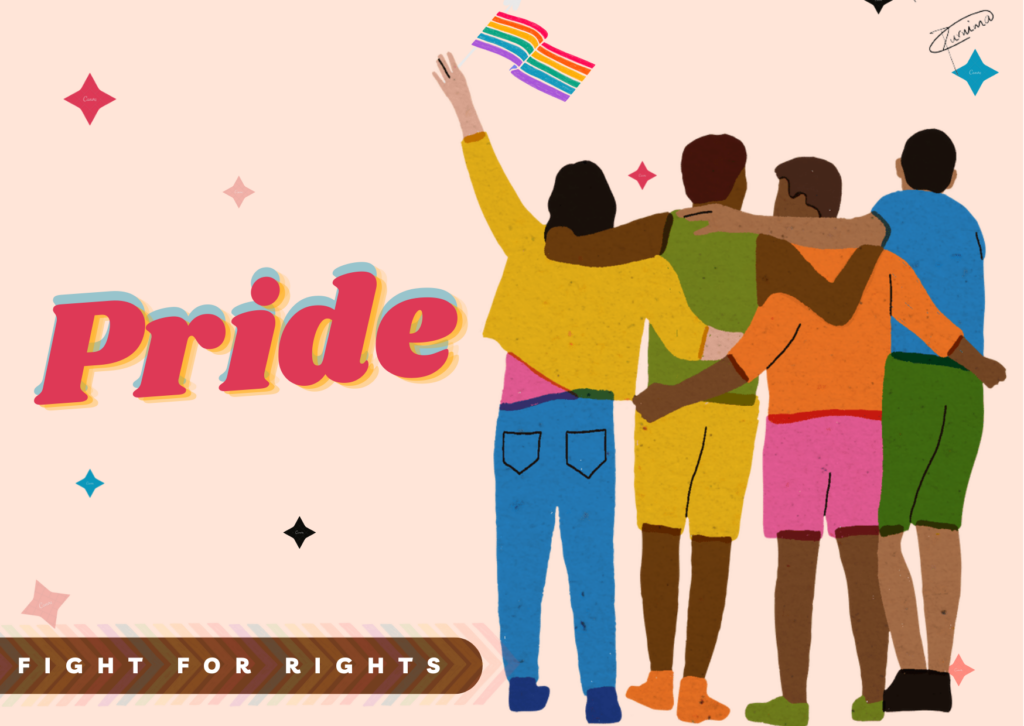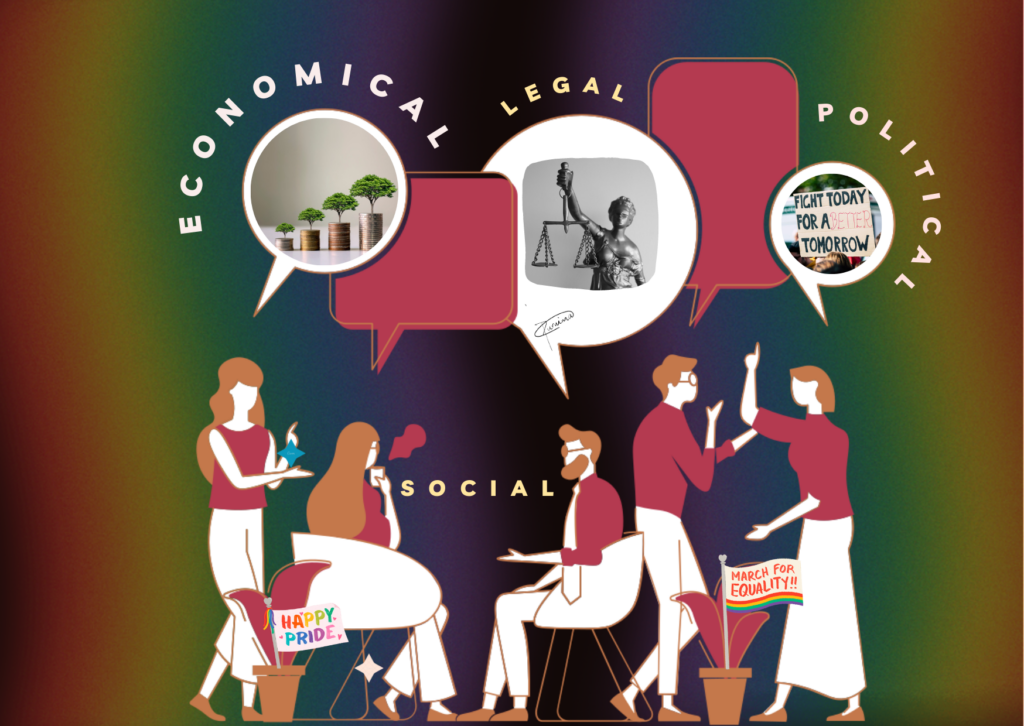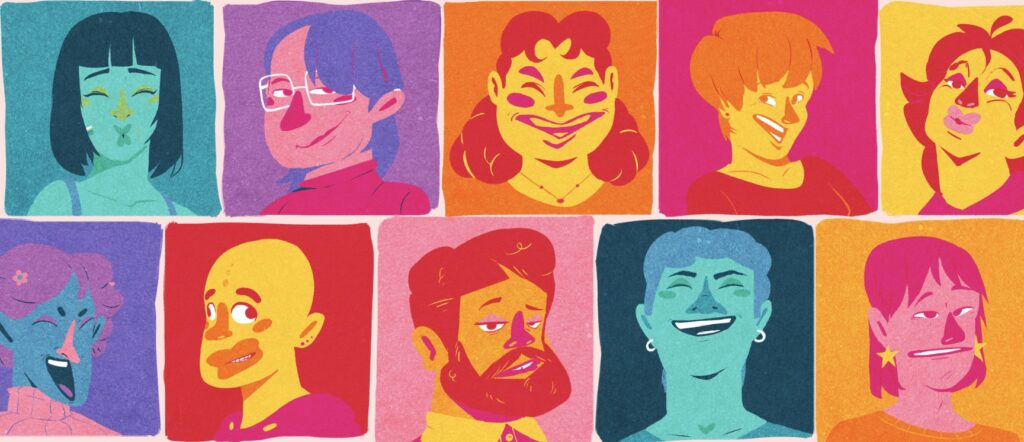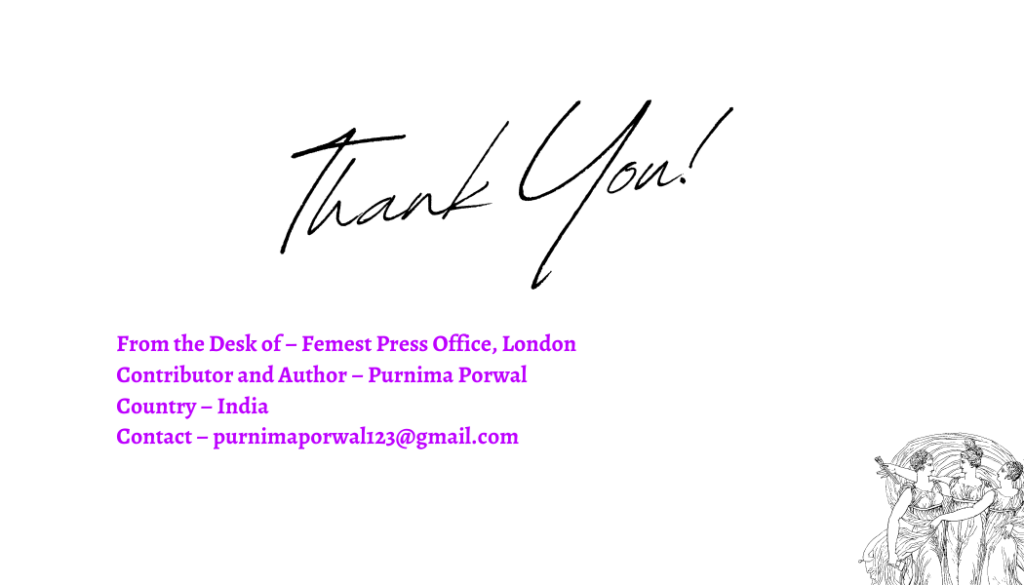By Purnima Porwal
Lailah Gifty Akita once said, There is beauty and power in unity. We must be united in heart and mind. One world, one people.
The people in the world are divided based on ethnicity Pride Community, especially concerning sexual and gender minorities people; consequently leads to the division of the economies around the globe.
The world economies have various connotations about the contextualisation of the acronym “LGBT”, which lies in supremacy over the sexual and gender rolling divisions, especially in key areas like health, education, economy and politics. This is primarily due to the persistent stigmatisation and discrimination described by the various patriarchal sex and gender-specific ideologists, leading to the exclusion and separation of their roles. The person’s sexual orientation prejudices them along with gender minorities which may include gay, lesbian, bisexual, homosexual, queer, Kothi, MSM (men who have sex with men), as well as transgender, transsexual, travesti or other terms described by the study report conducted by M.V Badgett and his co-authors (2014).
It could be seen as one of the inducements in the deterioration of socio-economic growth at the micro and macro level along with human development worldwide.

According to the report suggested by the World Bank (2016), there are several repercussions (including the psychological aspect) of excluding the LGBT community from society. Among these, the rate/level of education, employment, health, access to housing, finance, and other social facilities are censored/recorded.
These could be measured by accessing productive indicators like Gross National Income (GNI) & Gross Inequality.
Index (GII), which incoherently is part of the Human Development Index (HDI), helps in demonstrating the actual and fair enrollment of these Sex and Gender-based communities in the described specific areas (health, education, economy, politics) of various economies around the world.
The indicator HDI is seen as one of the critical indices which generally covers the three aspects/dimensions, i.e., life expectancy( health), education(politics) and income(economy) which raises a question- of how these indices help in understanding the importance of ‘inclusion’ and ‘exclusion’ of the pride[LGBT] community in the development of strategic economic growth of the economies around the world?
To exhibit the answer, this article presumably tries to state the un-static conditions of the gender and sexual specific rights on which many economies are engaged in improvising the level of inclusiveness of the communities, especially the LGBT people, by concerning them through their deserving social, legal and human rights (for which the Pride Month has also been acknowledged). Before this, the people must get this fact straightened up that economies are classified into 3 strata– developed, developing and underdeveloped, which predominantly result from the positive and negative influence of the indices
listed above.
These indices play an eminent role as they state the condition of the level of acceptance for these community people, which also hallmark the overall growth of the economies.
For instance, economies like Argentina, Belgium, France, Ireland, Norway, Canada (best cities- Toronto and Vancouver), as well as some other parts of the countries, are listed as the world’s friendliest LGBTQ countries divulging their progressive nature. Though renowned countries like the USA, Germany, Switzerland, and the UK are an influential part of the developed economies due to their escalating achievements in respect of technology, health facilities, and educational opportunities, these economies, along with the ‘emerging economies’(World Bank data) like India, China, Russia, Brazil and many others are still lagging in the aspect of becoming a paragon/ideal location to inhabit specifically due to the presence of the prejudices against specific sex and gender-division roles &beliefs among the citizens. The chauvinism of explicit sex & genders, among others, led to the violation of human rights (according to UDHR) and hence led to the deterioration of the economic and social output.
Though possessing these rights could not only provide these communities (LGBT people) an equal status to access living but also the legal rights to seek equality of opportunities in terms of income.

The various reports by United Nations Human Rights suggested that LGBT persons are seen explicitly as vulnerable and marginalised in a large proportion compared to the other communities. The level of acceptance of the different communities in the population stated/ present in various economies is intensified due to the support of prosecution from states and non-state actors, which could result in a better/higher level of acceptance, protection and a better state of the environment. Comparatively to these communities, LGBT people are seen to be in havoc due to the higher level of unacceptance, unsafe environment and un-exercisable rights, which forcibly led them to the displacement as migrants, asylum seekers, refugees, etc.
Along with this, LGBT people face disproportionate rates of physical, psychological, and structural violence; workplace discrimination which reduces employment and wages for LGBT people, alongside mental and physical health deterioration/barriers. Many parts of the world show discrimination against LGBT people at their educational institutions, workplace, etc.
But as Maria Beatrix in the world bank study report emphasised, the countries can end the discrimination of excluding the LGBT people only by realising the wide range of benefits to their economies.
This can be initiated by contextualising the data studies of the LGBT friendlier countries such as France. France is one of the friendlier economies, providing the LGBT community with equal human and legal rights like others. This resulted from the unity established by the active groups and the participants in supporting pride to reach out to the legal institutions for their human and legal rights in their state.
And as the saying goes, ‘Unity is Strength’ — this strength could be generated only when the people have access to critical areas like– health, education, economy and politics; among these, the prior two are essential to achieve the latter two.
Education and health are the most significant pillars supporting the economy’s growth. Teaching is a prime source for people to turn themselves into human capital. Exclusion from the right to seek education and training could reduce their opportunities to develop their human capital. Thus, reducing the potential and efficiency of human resources and their output. This negativity not only results in the lack of individual growth of the pride community but also hinders their participation in the level of economic development. For instance, the enrollment of LGBT persons in the workplace of France v/s India.
There is a more significant possibility of exclusiveness in the environment, conditions and rights against these people in India than in France.
Health is another indice to be given equal importance to education. In the context of the developed economies, though their conditions are elite and high-tech, the acceptance to treat everyone equally without any exclusion is a different process that needs to get the attention of the state.

In emerging economies like India, with better access to the facilities and educational opportunities, the rate of involvement of these communities will make it one of the superpowers, which could also be seen as a place to live on. This will result in a higher income or wages due to increased labour or employment. This possibly results in a higher growth rate of the economy as well as HDI. J.K Rowling’s excerpt states that we are only as strong as we are united and weak as we are divided. Being a part of one of the emerging superpowers, there is a high need to understand the scenario of accepting the importance of human and legal rights to the pride community.
This could only be done by coming together as a log/unity to fight against the aristocracies against them and fight for the manifestation of bringing the world economy into a better place to reside with the right of equality.
Hence, fulfilling the goal pointed out by Jorie McDonald that the greatest strength of mankind rests in authentic humanity. This could be seen by the various manifestations and campaigns done by the countries around the world, which so far have tried to increase the level of acceptance among the nations, though they are highly variable

A final year undergrad at Gargi College, the University of Delhi, interested in exploring the varied aspects of economies worldwide.
Believer in “Always be a better version of yourself.”


This article is so so amazing, link between LGBTQ community and economy of the world is so underrated and unattended. Moreover world needs more of such articles. Good work!
This is a well-researched article, really enjoyed reading .
This year’s Pride in London parade featured a float representing the city’s flourishing black LGBT+ community. We need more of these !! I enjoyed reading your article girl, keep it up.
For many, it is also a time to reflect on the progress made while also recognising that there is still much work to be done. Good work !!
Today, there are pride events all over the world, with each city or region boasting its own unique flavor and flair. While some might say that the purpose of pride is to celebrate LGBTQ+ individuals and their accomplishments, it has become so much more than that. Lovely article.
Pride From the legalization of same-sex marriage nationwide, to openly LGBTQ+ politicians and business leaders, to increasing acceptance and inclusion in the economy, there is much to celebrate. Good work women! Looking forward to more writing on this.
An intriguing discussion is definitely worth comment. Theres no doubt that that you should write more on this subject, it might not be a taboo subject but usually people dont talk about these topics. To the next! Best wishes!!
Your insights literally made me gain knowledge over such an important issue. Such a great piece!! Had an amazing time reading your article dear. 💫 Keep it up!!